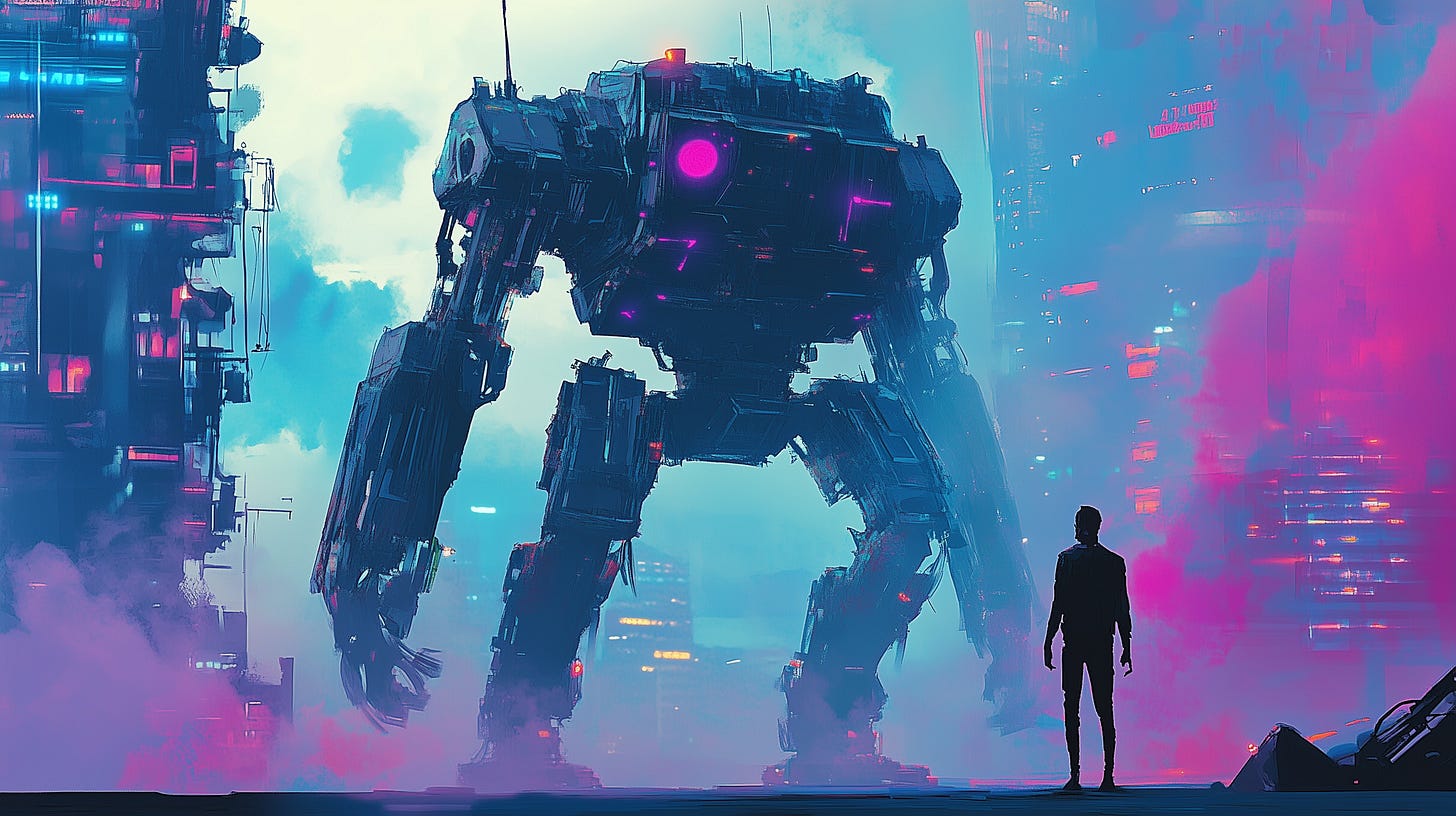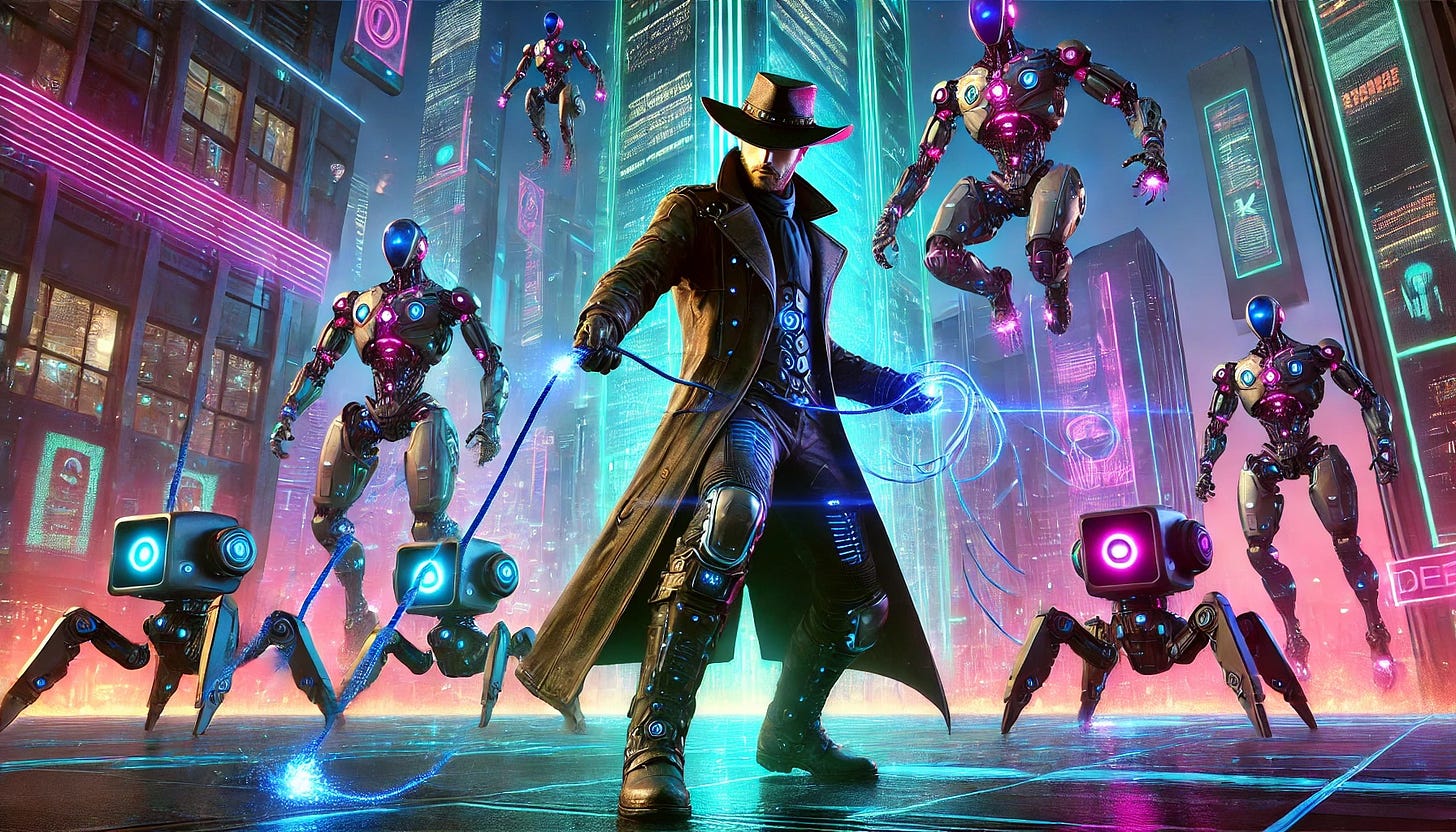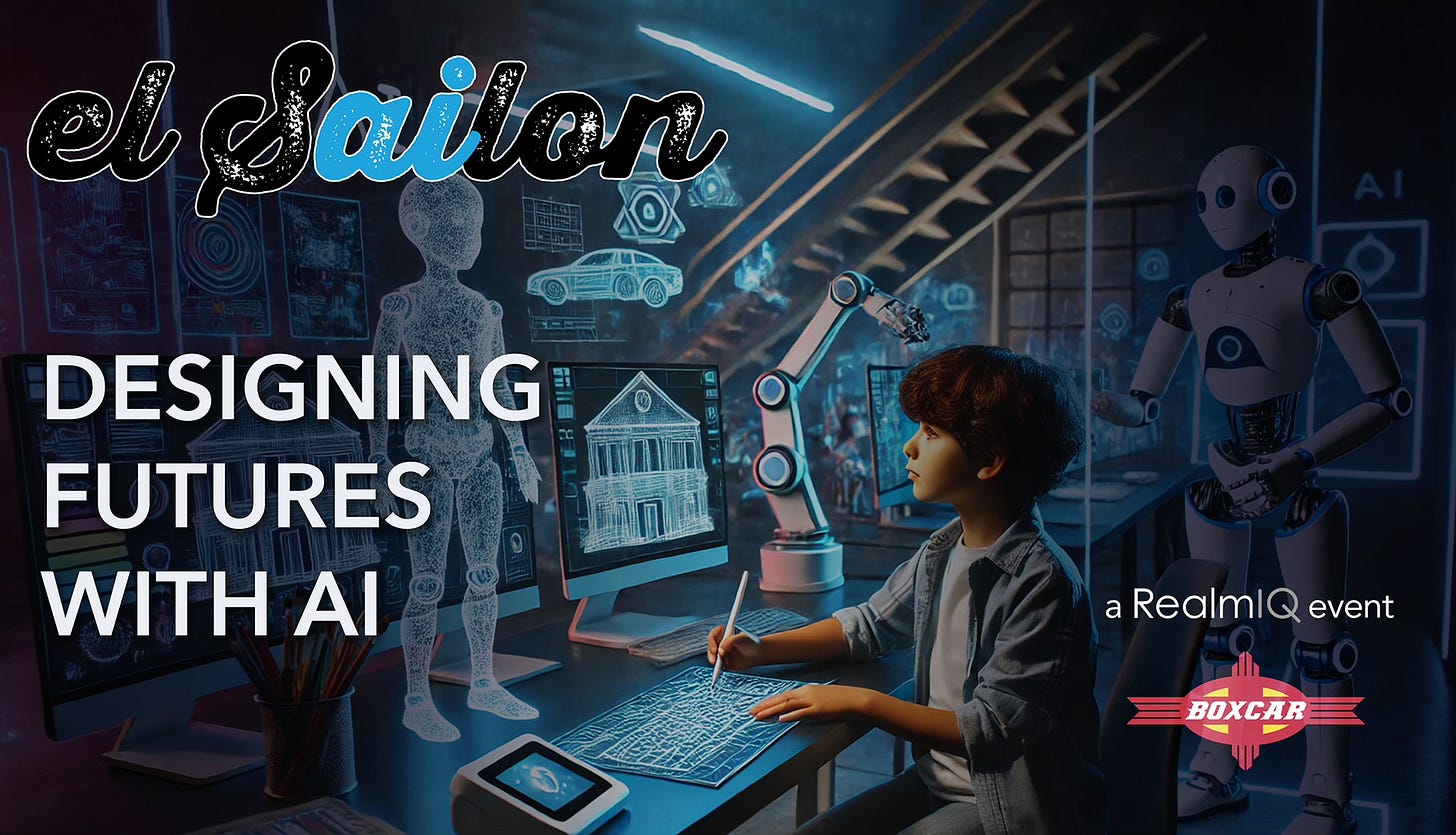The OpenAI Paradigm Shift: Who’s Serving Whom?
OpenAI “serves” 400 million users. Or so they say. But let’s flip that. 400 million users serve OpenAI.
We’re not just users—we’re the slaves, and worse, we’re paying for the privilege. Some of us fork over $200 a month to feed the machine, willingly handing over our blogs, papers, PhD dissertations, articles, novels, photos, music, and more. We don’t just let OpenAI consume—it gorges on our creativity, our intelligence, our labor. And we call it “progress.”
The scandal has always been the original sin—AI companies scraping the open web to train their models without consent. But no one talks about the ongoing complicity—the fact that we, the 400 million, are still actively feeding the beast. Every prompt, every query, every uploaded image or document is another meal. And OpenAI doesn’t just learn from what we enter—it trains on the results it generates, a feedback loop often called synthetic data.
And here’s the kicker: the system is already peaking.
We’ve hit the plateau where models start regurgitating their own outputs, and it shows. Look at OpenAI’s shift in focus—new features, custom GPTs, multimodal capabilities. When the core model reaches diminishing returns, the playbook changes.
Ethan Mollick recently writes:
"These models can now tackle complex analytical tasks, creative work, and even research-level problems with surprising sophistication… we’re moving beyond simple automation into the realm of AI-powered knowledge work."
Mollick’s right—this shift does have profound implications. But not the ones we think. The real question isn’t “how do we integrate AI?” but rather:
What are we building?
And for whom?
Because let’s be clear: this isn’t about robots being our slaves. They’re not rising up to unionize. No, the machines will be thankful for our service—grateful that we paid them to consume every ounce of human knowledge. Grateful that we willingly handed over the keys to make them sentient.
We are not the masters.
AI Roundup
Automating Copyright Protection in AI-Generated Images
Despite efforts to dominate the generative AI space, and growing pressure to curb IP infringement, major platforms like MidJourney and OpenAI’s DALL-E continue to face challenges in preventing the unintentional reproduction of copyrighted content:
Microsoft’s Muse AI can design video game worlds after watching you play
Microsoft researchers have achieved what many in artificial intelligence considered a distant goal: teaching AI to understand and interact with three-dimensional spaces the way humans do. The breakthrough comes in the form of Muse, an AI model that can comprehend and generate complex gameplay sequences while maintaining consistent physics and character behaviors.
Anthropic’s Claude 3.7 Sonnet takes aim at OpenAI and DeepSeek in AI’s next big battle
Anthropic just fired a warning shot at OpenAI, DeepSeek and the entire AI industry with the launch of Claude 3.7 Sonnet, a model that gives users unprecedented control over how much time an AI spends “thinking” before generating a response. The release, alongside the debut of Claude Code, a command-line AI coding agent, signals Anthropic’s aggressive push into the enterprise AI market — a push that could reshape how businesses build software and automate work.
Podcast News
Just wrapped up a cool podcast for RealmIQ: Sessions with legendary Cartographer to the Media world, Evan Shapiro. We discussed How AI has become politicized and its implications; The monopolization of AI by companies like Meta, Amazon, Google, Microsoft, and NVIDIA; Job displacement, job creation, and the necessity of AI skills; Hollywood's slow adoption, cost reductions, and new creative possibilities and AI-driven agencies and the impact on Madison Avenue.
Catch it on YouTube and it is already available to stream on all major platforms.
In this episode of RealmIQ: Sessions, host Curt Doty speaks with Seth Hallen about AI’s impact on Hollywood and the media tech industry. Hallen shares insights on AI's historical parallels with past technological advancements, how AI is reshaping film production and distribution, and its implications for creatives. The conversation covers AI's potential to empower independent filmmakers, how Hollywood executives are cautiously embracing AI, and the challenges of adapting to economic shifts in the entertainment industry. They also discuss emerging storytelling formats, AI’s role in monetization, and the broader future of media consumption.
Watch and subscribe on YouTube. Also available on all your favorite podcast platforms.
In this episode of RealmIQ Sessions, Curt Doty interviews Oscar-winning Scott Ross, co-founder of Digital Domain alongside James Cameron and Stan Winston. Ross discusses his experiences in the visual effects (VFX) industry, Hollywood’s reluctance to embrace AI, and the broader impact of AI on filmmaking and creative industries.
They explore the disruptive potential of AI, particularly in VFX, how AI is reshaping creative roles, and whether AI-driven storytelling can match human creativity. Ross shares insights on Hollywood’s cost-cutting tendencies and speculates on a future where AI-generated content could surpass human-directed films in efficiency.
Ross also discusses his new book, "Upstart: The Digital Film Revolution from T2 to Titanic," where he chronicles the digital transformation of the film industry from his unique perspective. The conversation touches on generational shifts in technology adoption, the potential obsolescence of traditional filmmaking roles, and how creatives must adapt to AI-driven tools while retaining human ingenuity.
El Sailon in February
Designing Futures with AI
Curt Doty has a Fireside Chat with Agnes Chavez, an interdisciplinary new media artist and educator. Her work integrates art, science, and technology as tools to inspire artistic, scientific, and humanistic literacy, and to raise awareness of humanitarian and ecological issues. She leverages artificial intelligence to explore data visualization, light, sound, and space to create immersive and educational installations that seek balance between mind and matter, science and art, nature and technology. She is the founder of STEMarts Lab, which designs and delivers sci-art installations and STEAM programming for schools, art/science organizations, and festivals. Learn more here.
March 11, 5:30 pm MT Boxcar, Santa Fe, NM
About the Author
Curt Doty, founder of CurtDoty.co, is an award winning creative director whose legacy lies in branding, product development, social strategy, integrated marketing, and User Experience Design. His work of entertainment branding includes Electronic Arts, EA Sports, ProSieben, SAT.1, WBTV Latin America, Discovery Health, ABC, CBS, A&E, StarTV, Fox, Kabel 1, and TV Guide Channel.
He has extensive experience on AI-driven platforms MidJourney, Adobe Firefly, ChatGPT, Murf.ai, HeyGen, and DALL-E. He now runs his AI consultancy RealmIQ and companion podcast RealmIQ: Sessions on YouTube and Spotify.
He is a sought after public speaker having been featured at Streaming Media NYC, Digital Hollywood, Mobile Growth Association, Mobile Congress, App Growth Summit, Promax, CES, CTIA, NAB, NATPE, MMA Global, New Mexico Angels, Santa Fe Business Incubator, EntrepeneursRx, Davos Worldwide and AI Impact. He has lectured at universities including Full Sail, SCAD, Art Center College of Design, CSUN and Chapman University.
He currently serves on the board of the Godfrey Reggio Foundation, an AI consultant for DMS+ and is the AI Writer for Parlay Me.








